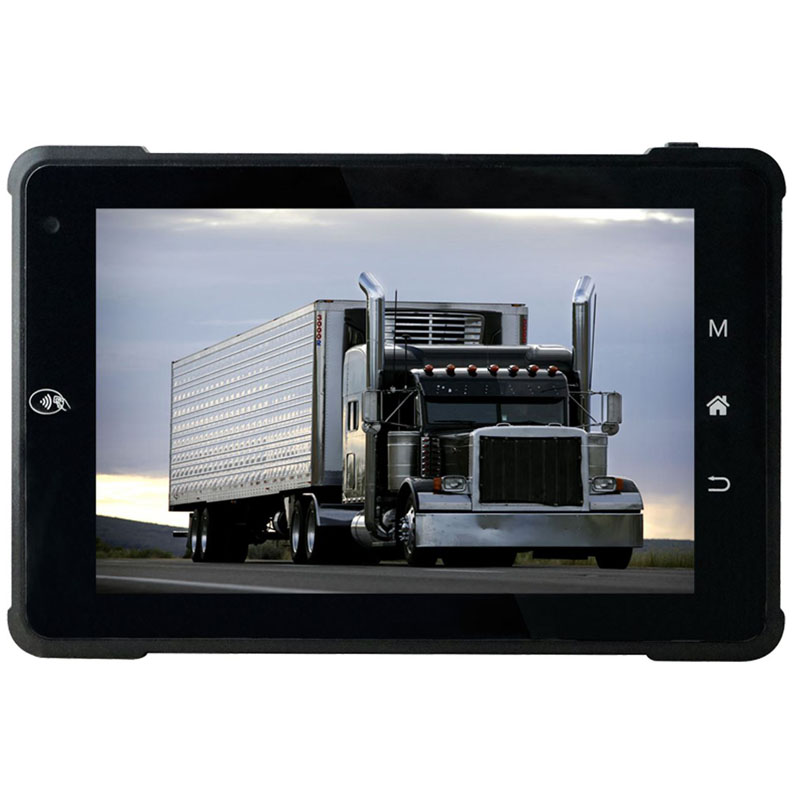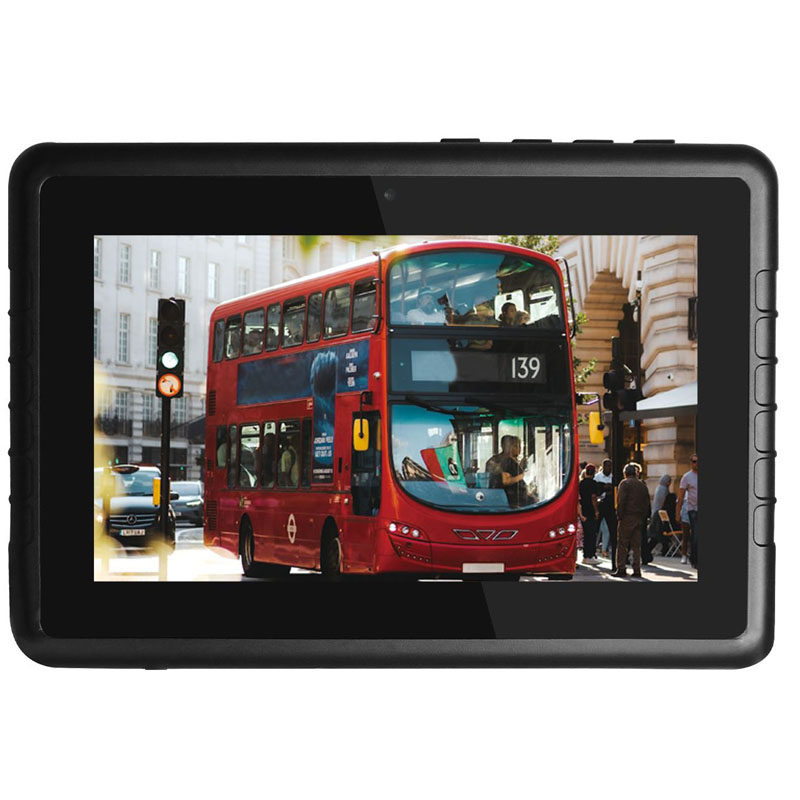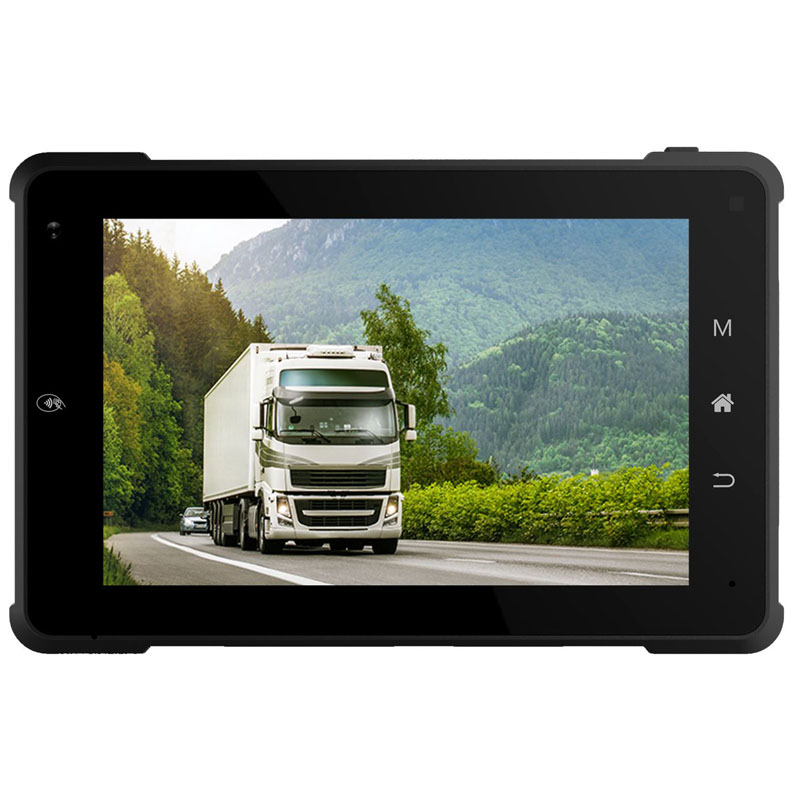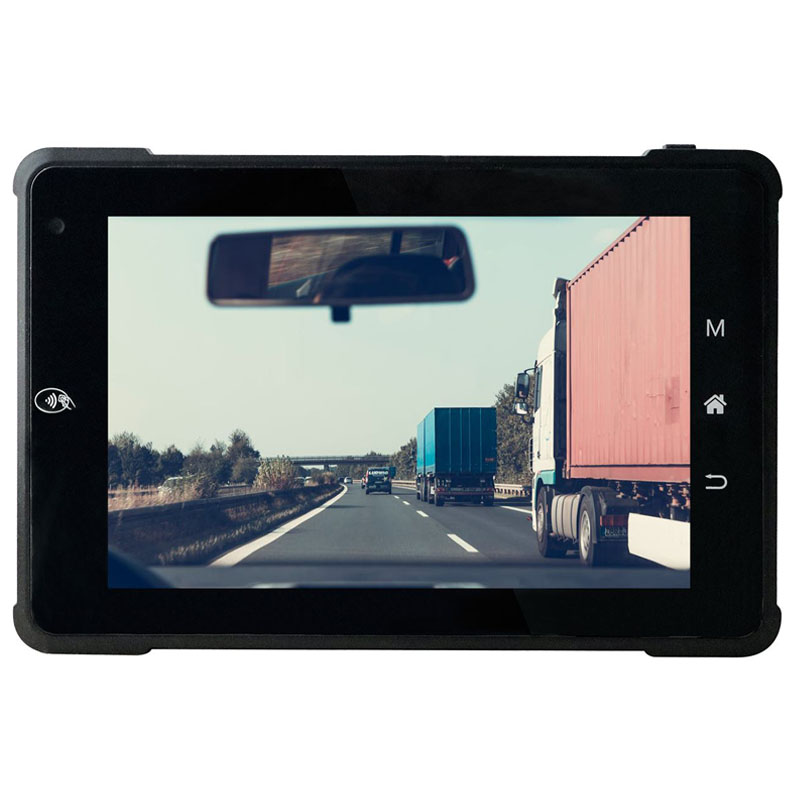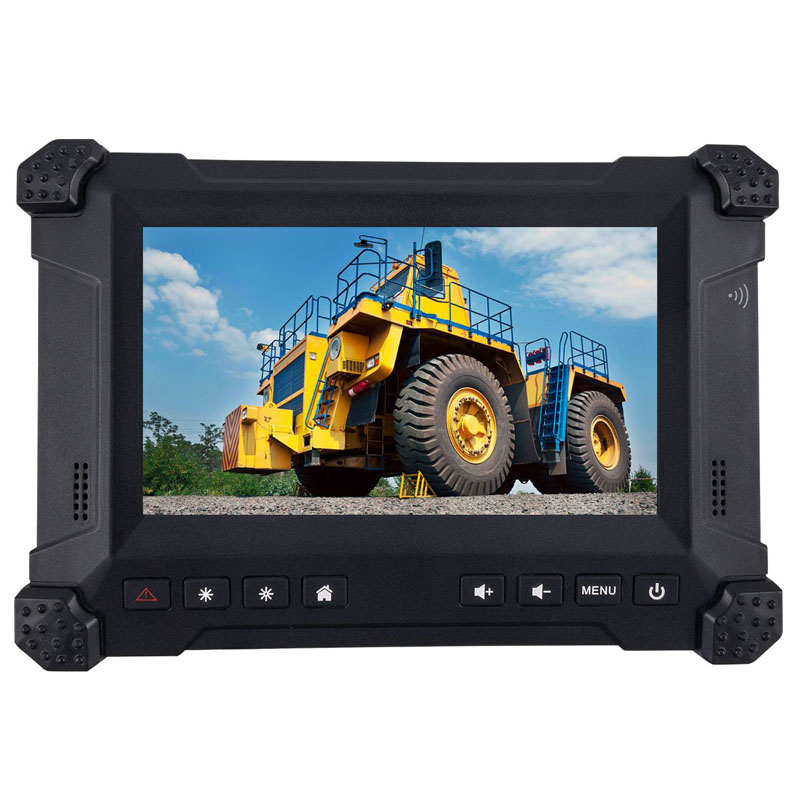Unveiling the Power of Android Mobile Data Terminals: Revolutionizing Industries and Enhancing Efficiency
An Android Mobile Data Terminal (MDT) serves as a critical component in modern communication and data processing systems. Combining the versatility of the Android operating system with specialized hardware, MDTs play a pivotal role in various industries, ranging from transportation and logistics to public safety and beyond. This comprehensive guide aims to delve into the technical aspects, functionalities, and applications of Android MDTs.
Definition and Core Components An Android MDT is a portable device equipped with Android OS, tailored for specific operational needs such as vehicle-mounted systems, handheld units, or fixed terminals. Its core components typically comprise hardware elements like GPS modules, touchscreens, RFID/NFC readers, and various connectivity options (Wi-Fi, Bluetooth, cellular networks). Additionally, these terminals integrate software functionalities designed for data collection, analysis, and transmission, making them versatile tools in diverse operational environments.
Technical Specifications MDTs boast a diverse range of technical specifications, often tailored to suit industry-specific requirements. These may include processor configurations (multi-core CPUs), RAM capacity, storage (flash memory or SSDs), display types (ruggedized touchscreens or high-resolution panels), and ingress protection (IP) ratings for durability in harsh conditions. Furthermore, MDTs are equipped with a suite of sensors, including accelerometers, gyroscopes, and ambient light sensors, enhancing their functionality and adaptability.
Functionalities and Applications The versatility of Android MDTs lends itself to an array of functionalities and applications across multiple industries. In the transportation sector, these terminals facilitate route optimization, vehicle tracking, and driver communication, thereby enhancing operational efficiency and safety. Within public safety agencies, MDTs enable real-time data access, incident reporting, and coordination among field personnel, aiding in rapid response and resource allocation.
Integration and Customization One of the hallmark features of Android MDTs is their adaptability through integration and customization. These terminals support integration with existing enterprise systems, allowing seamless data exchange and interoperability. Moreover, they offer customizable software solutions through application development, enabling businesses to tailor functionalities specific to their operational needs. This flexibility ensures that MDTs can evolve with changing requirements and technological advancements.
Challenges and Considerations Despite their utility, Android MDTs present challenges, particularly concerning security and data integrity. Given their connectivity to various networks, ensuring robust cybersecurity measures becomes paramount to prevent unauthorized access and data breaches. Additionally, the management of software updates and compatibility across different hardware iterations poses challenges, requiring proactive strategies to maintain operational continuity and security.
Future Trends and Innovations Looking ahead, the evolution of Android MDTs is poised to witness further advancements. Anticipated developments include enhanced AI integration for predictive analytics, improved ruggedization for durability in extreme environments, and expanded support for IoT (Internet of Things) devices. Moreover, advancements in connectivity, such as 5G integration, will augment data transfer speeds and enable real-time applications, further amplifying the utility of Android MDTs.
Conclusion In conclusion, Android Mobile Data Terminals represent a convergence of sophisticated hardware and versatile software tailored for various industrial applications. Their adaptability, robust functionalities, and potential for customization make them indispensable tools in optimizing operational efficiency across diverse sectors. However, continuous advancements in technology call for ongoing innovation and proactive measures to address emerging challenges, ensuring the sustained relevance and effectiveness of Android MDTs in the ever-evolving landscape of modern industries.


